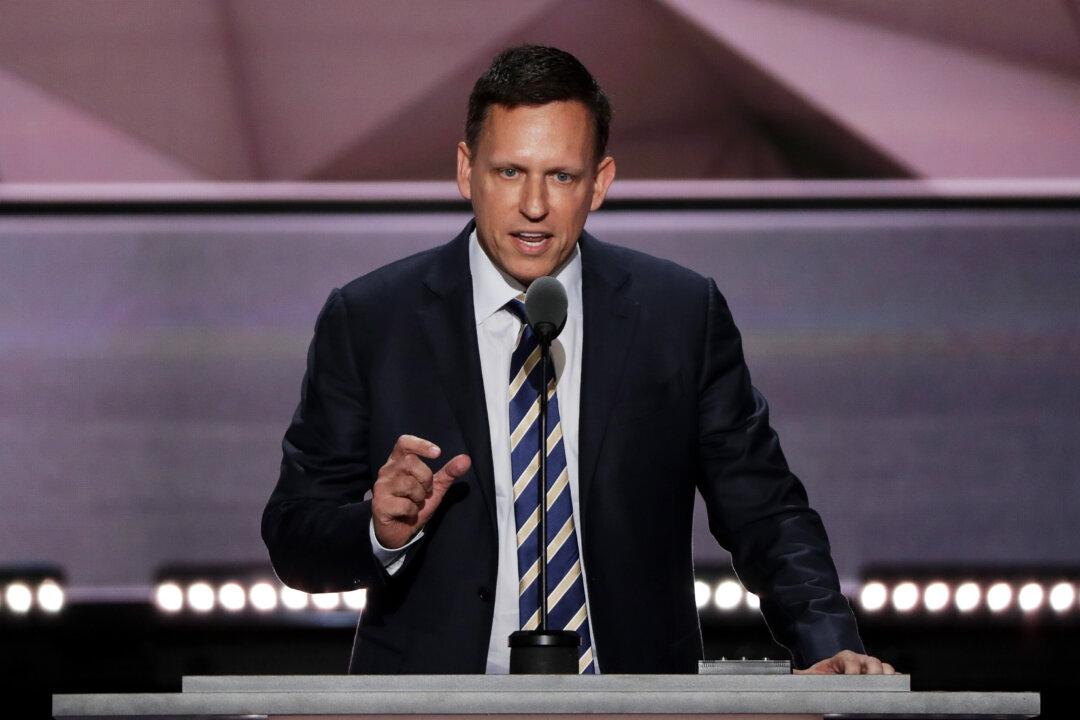As billionaire venture capitalist and PayPal co-founder Peter Thiel gets down to the wire in his evaluation of applications for participation in his Thiel Fellowship, the controversial program—which has had 271 participants since its inception in 2011—has come in for renewed scrutiny. It continues to have passionate backers and vociferous critics, and the concept behind it has been the subject of vigorous debate and discussion in the national media.
Those chosen as fellows will drop out of or skip attending a college or university and will instead each receive a grant of $100,000 to start a venture in an evolving field such as financial technology (“fintech”), cryptocurrency, artificial intelligence (AI), driverless vehicles, neuroscience, or the science of longevity; they also receive input from advisers with decades of experience in the relevant field.





